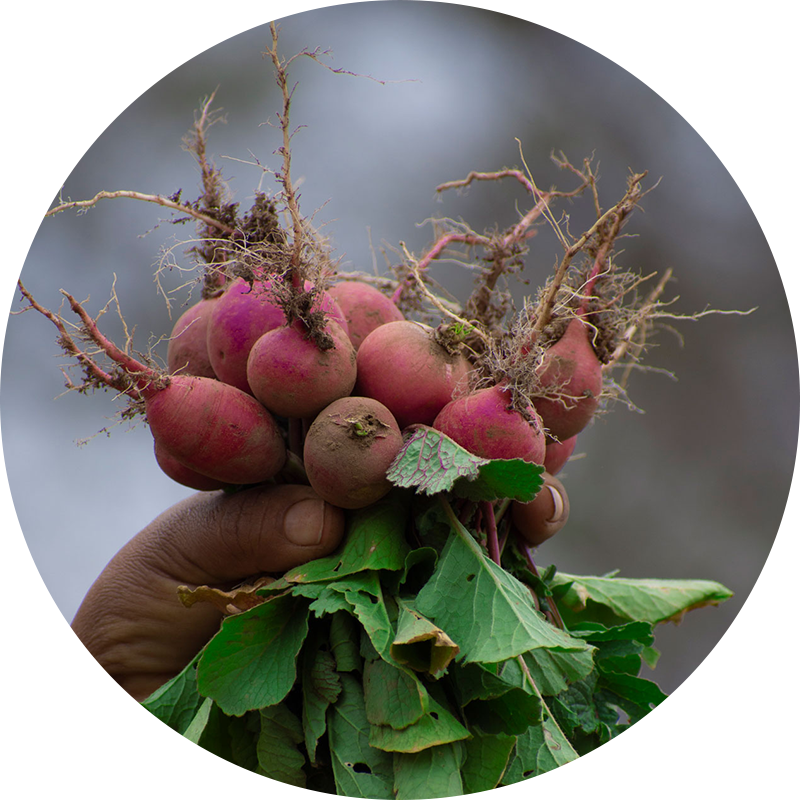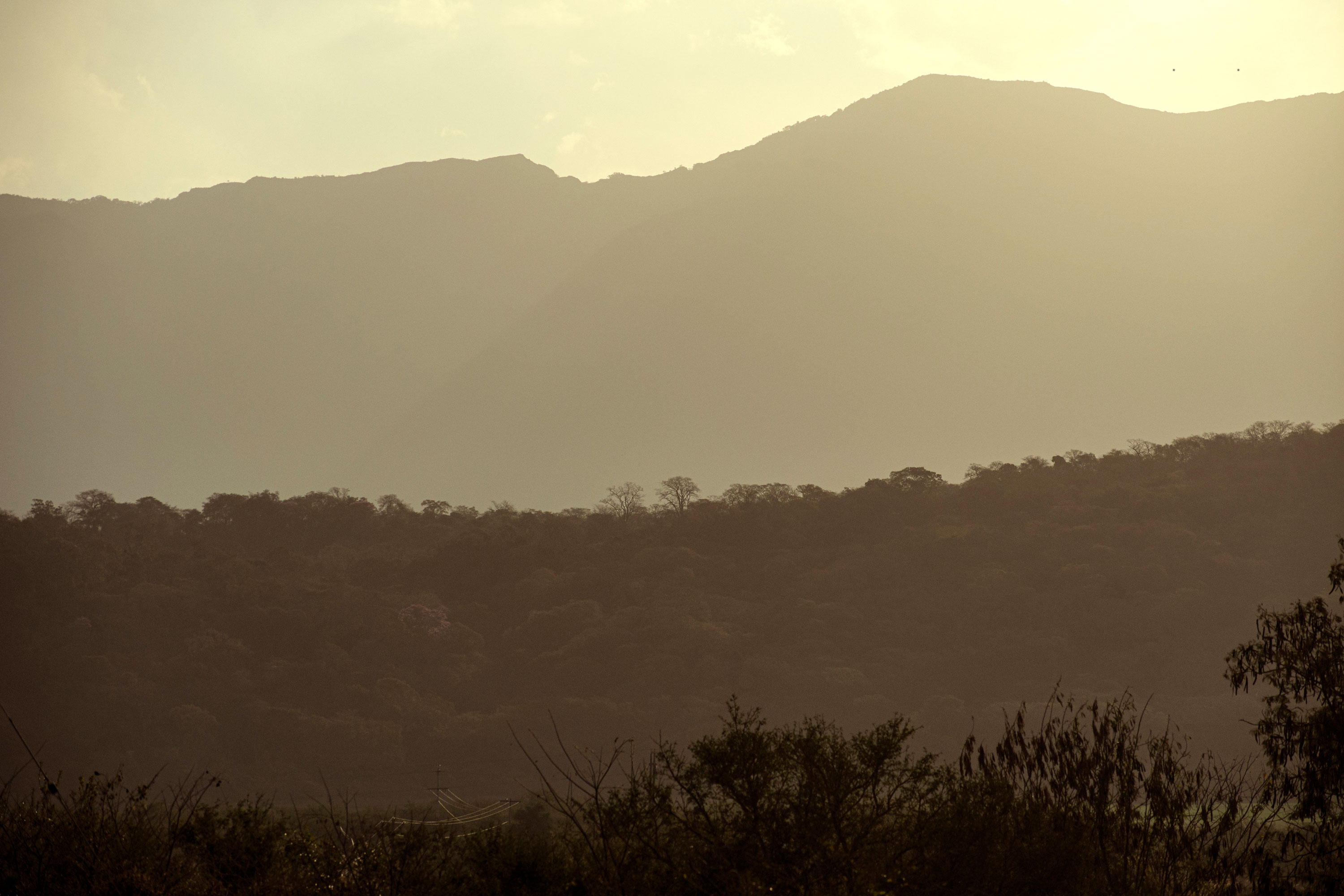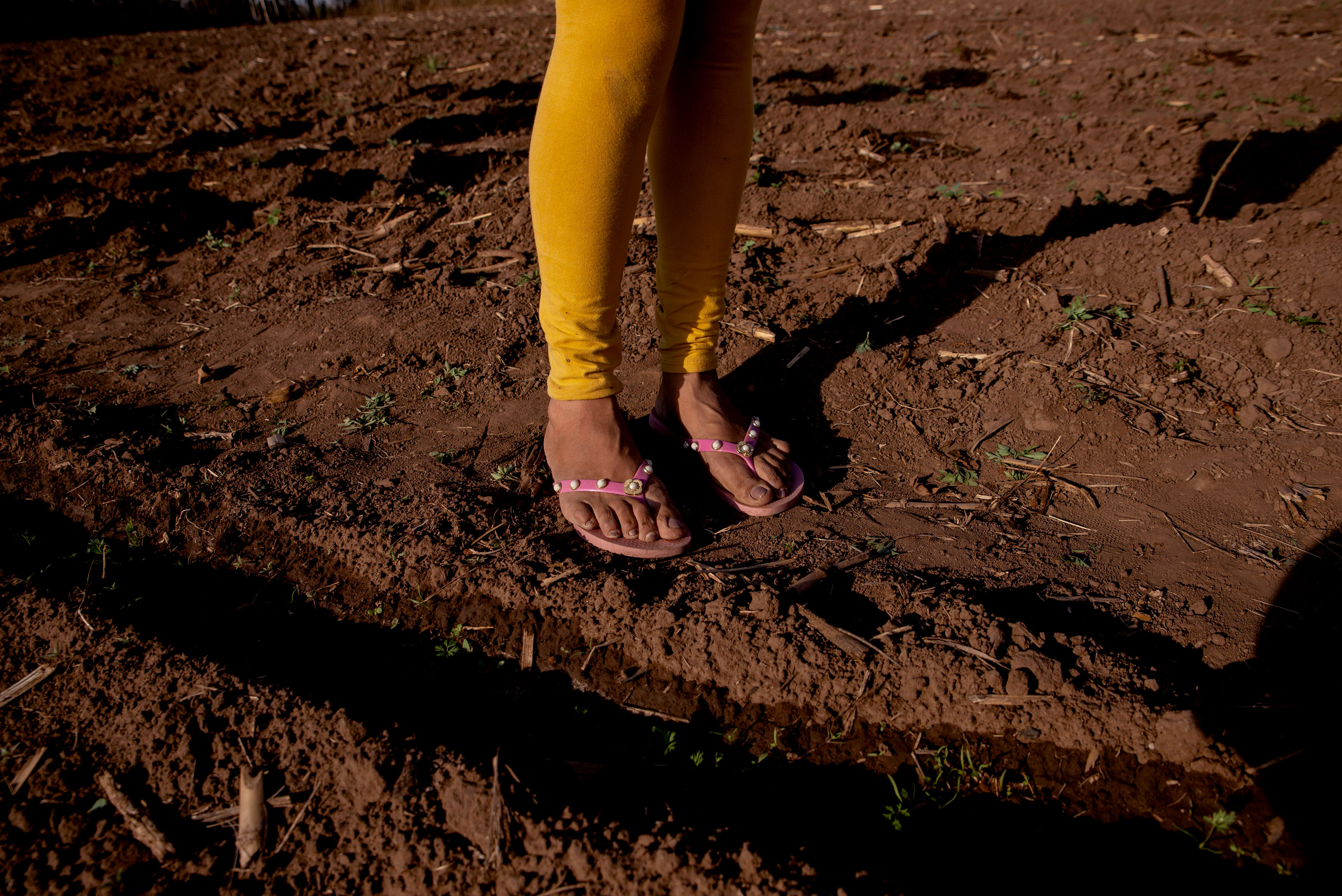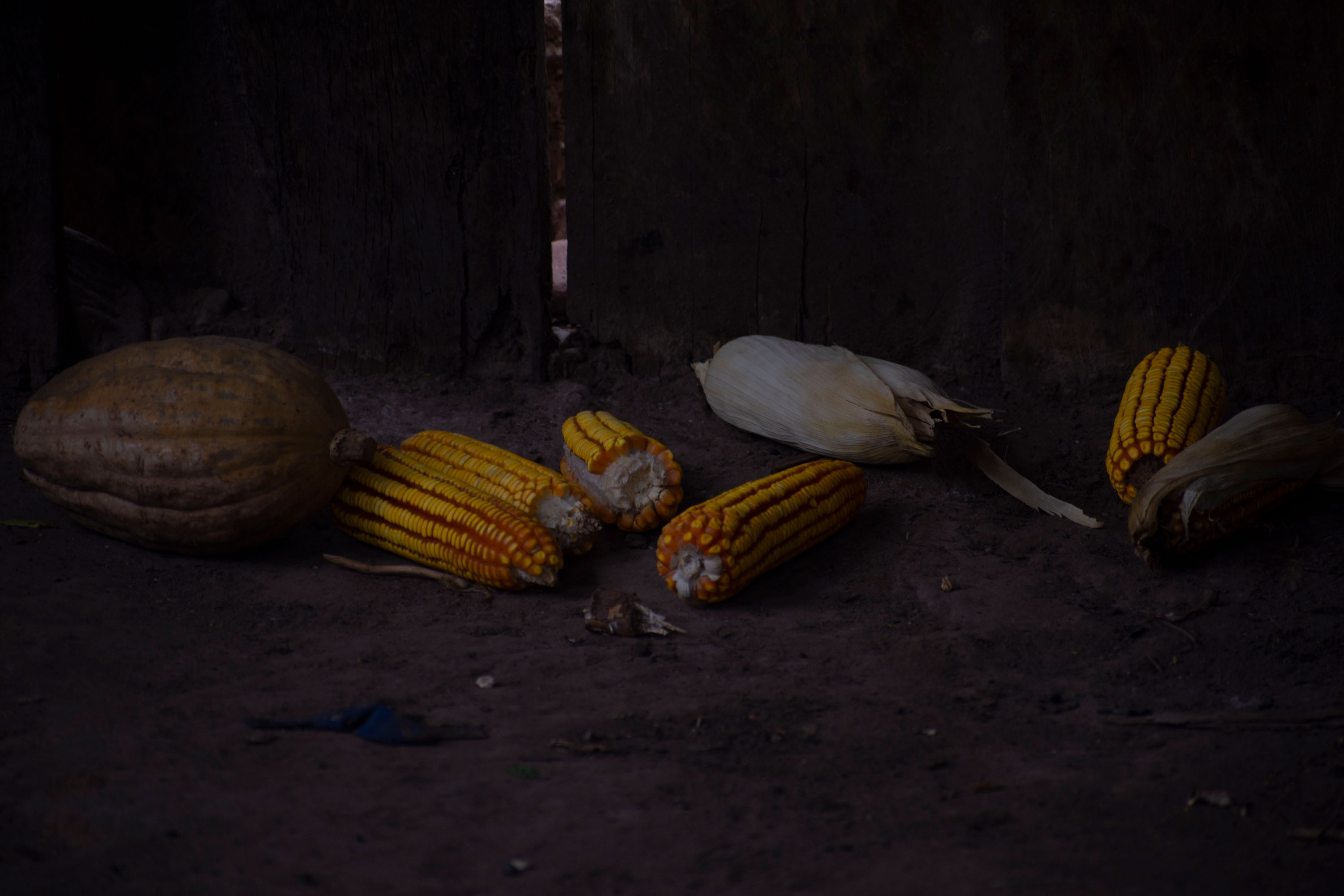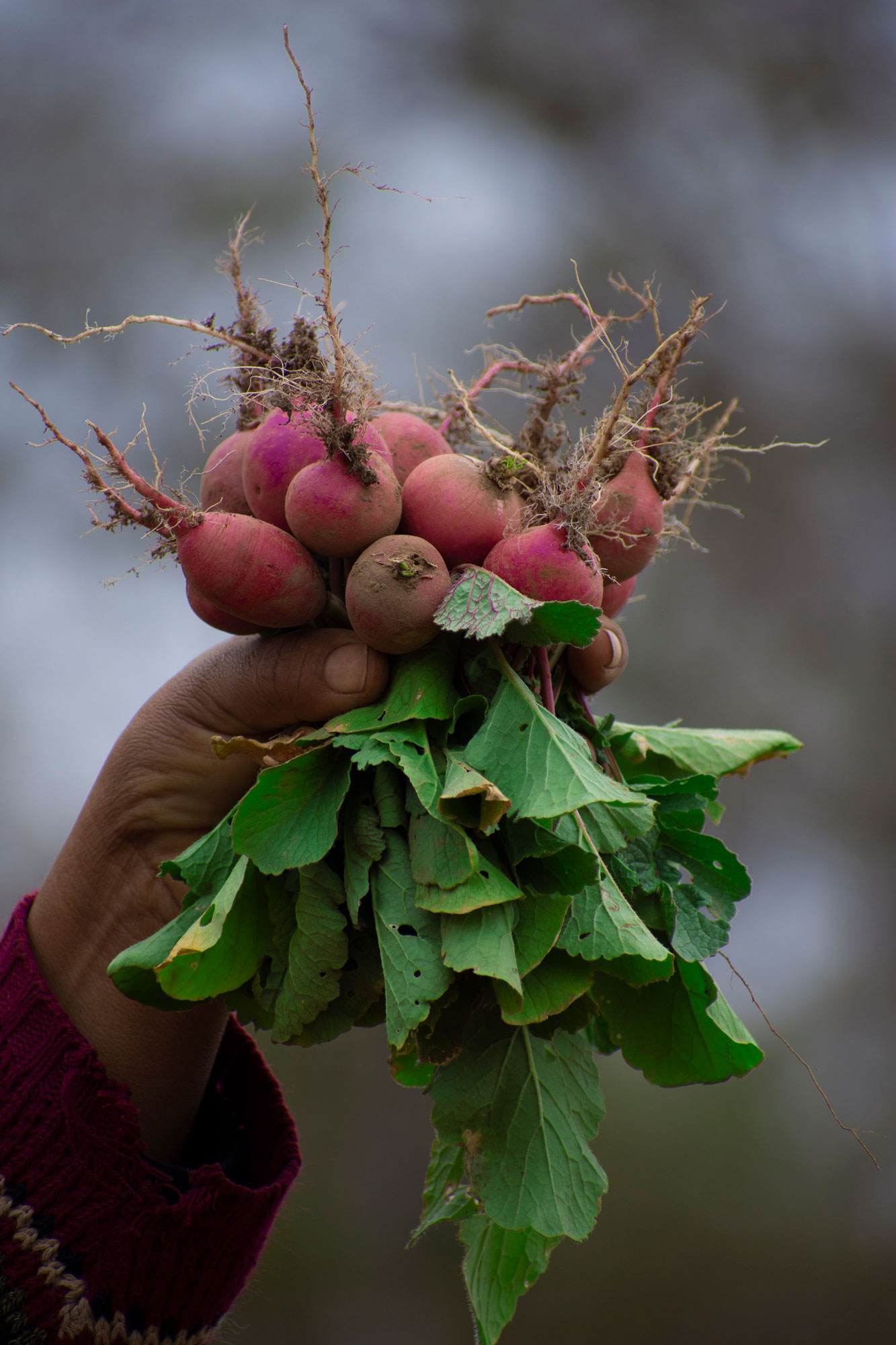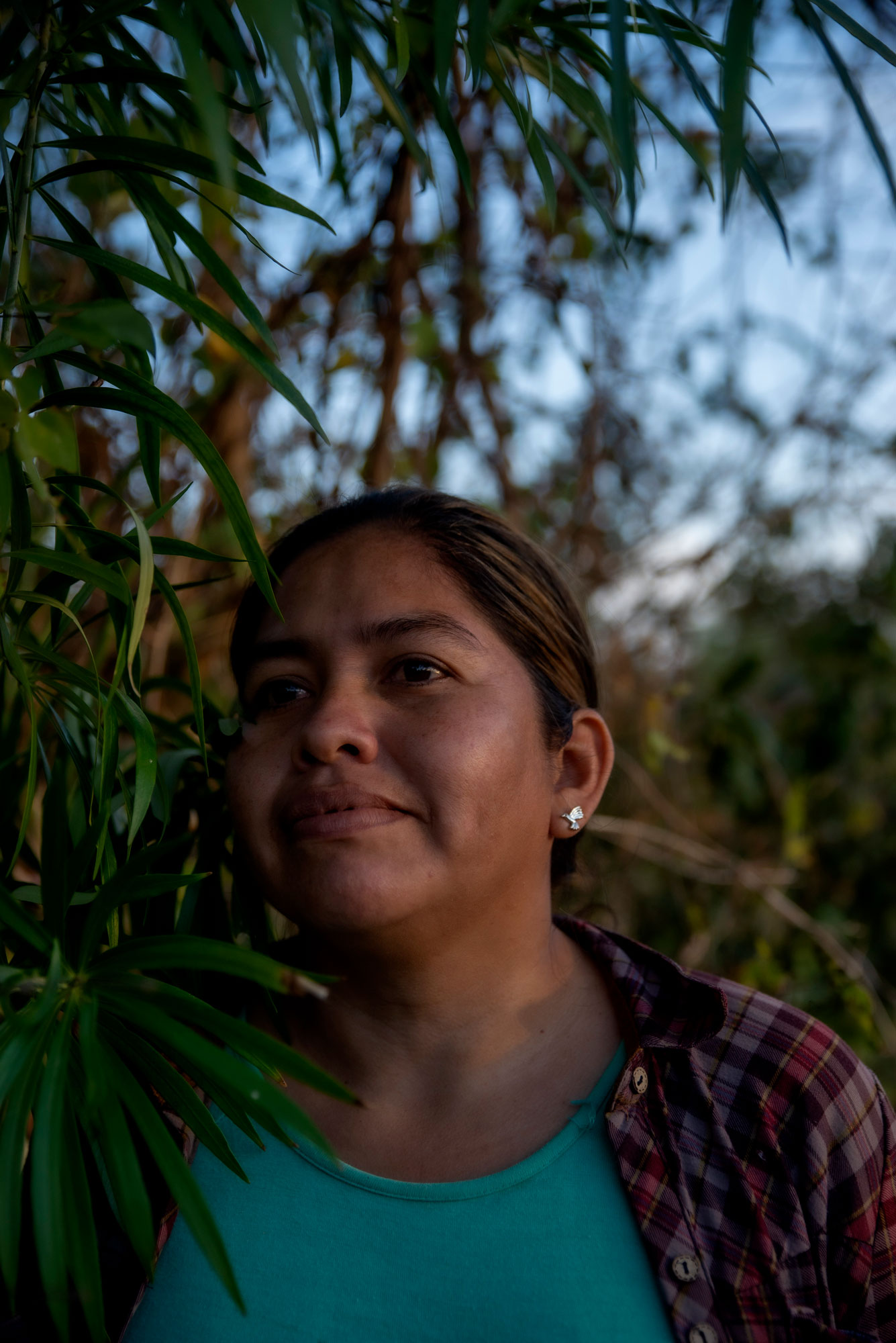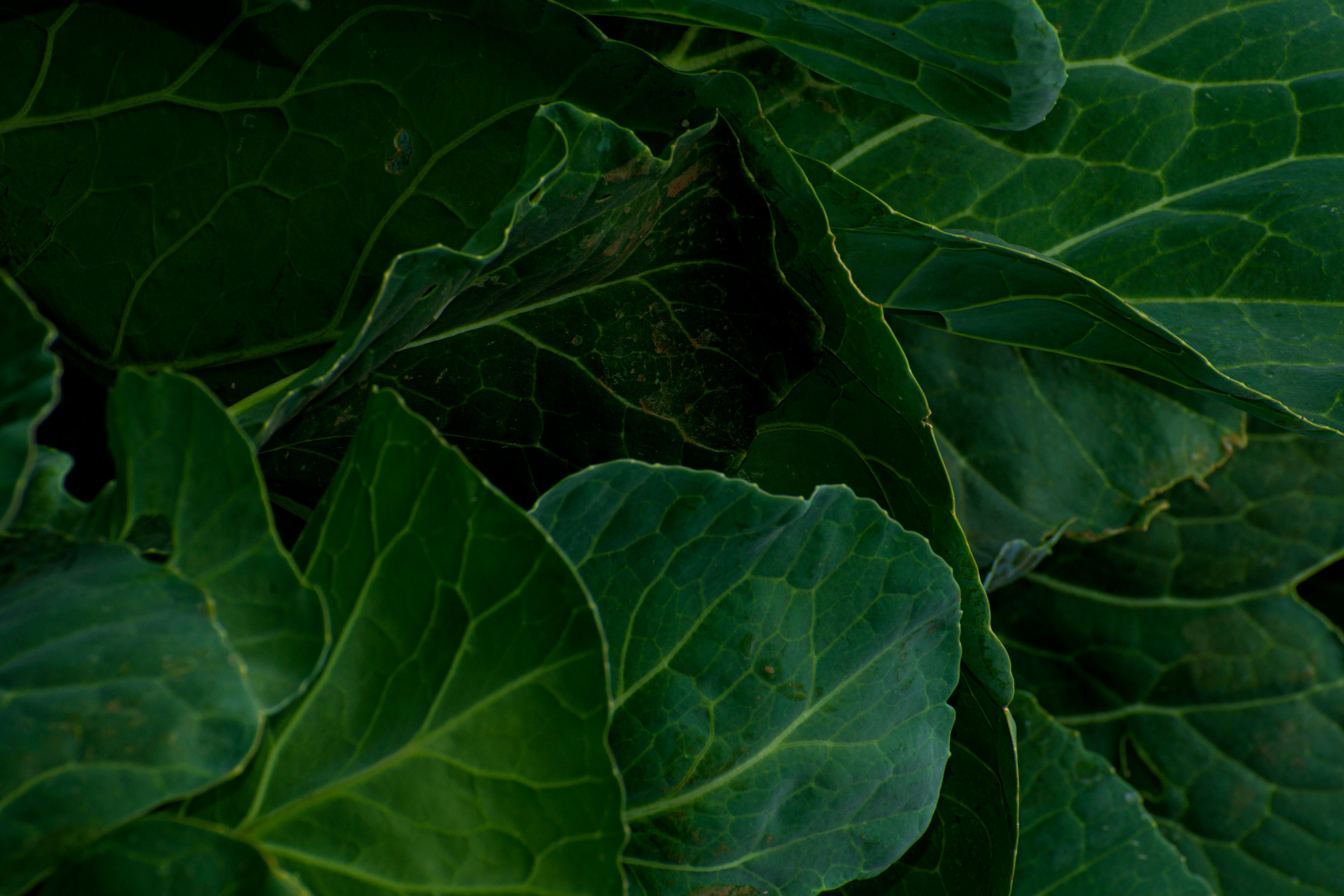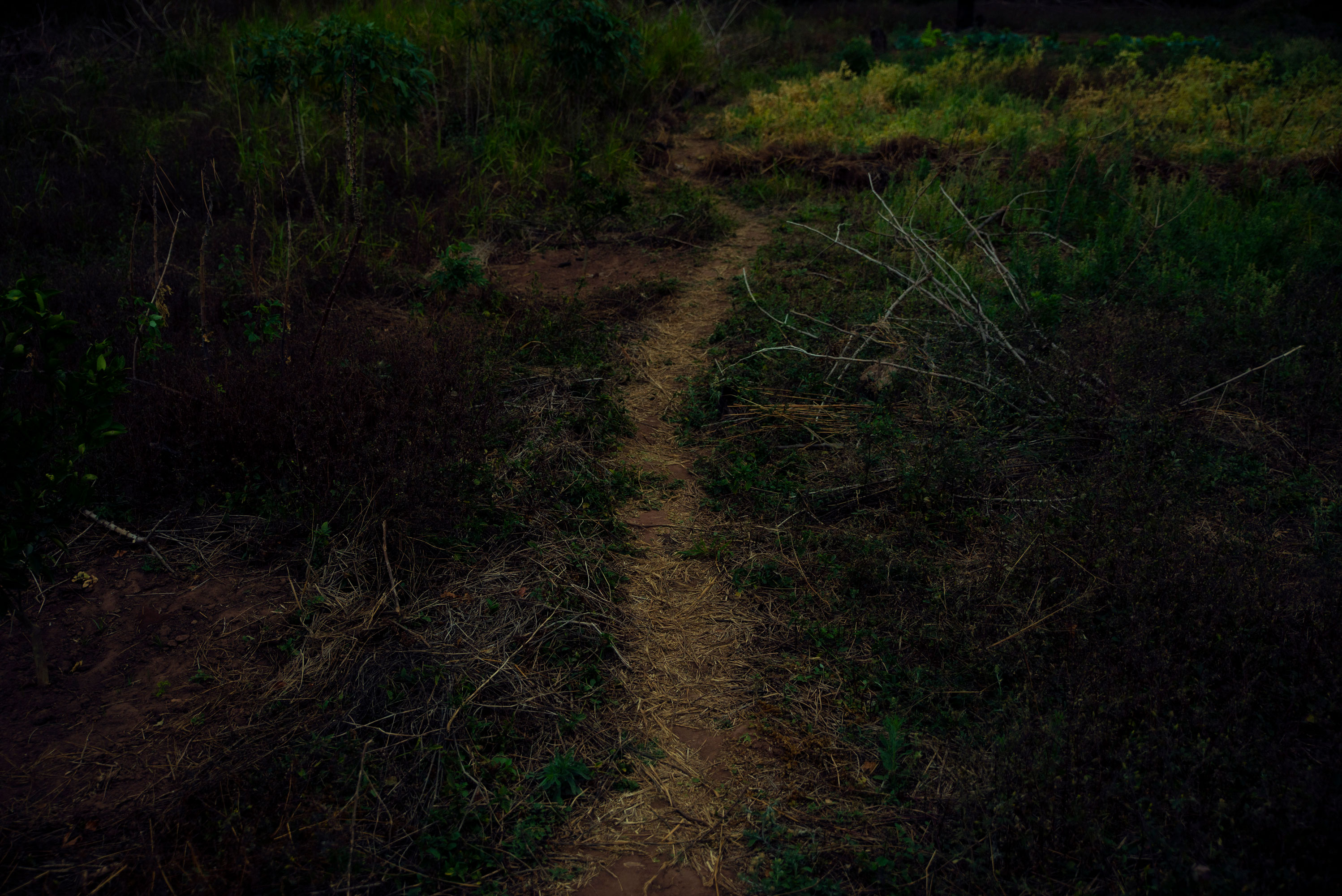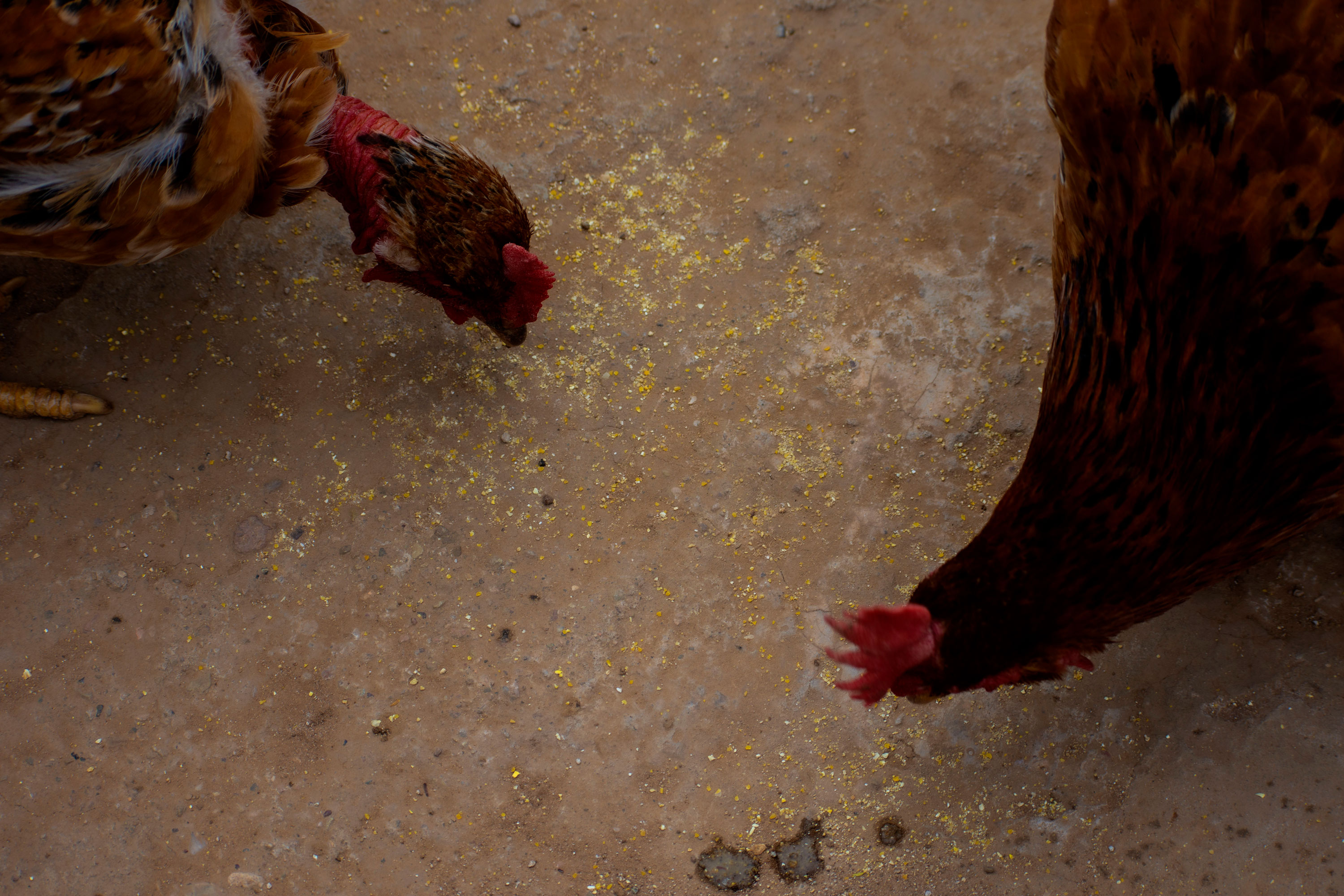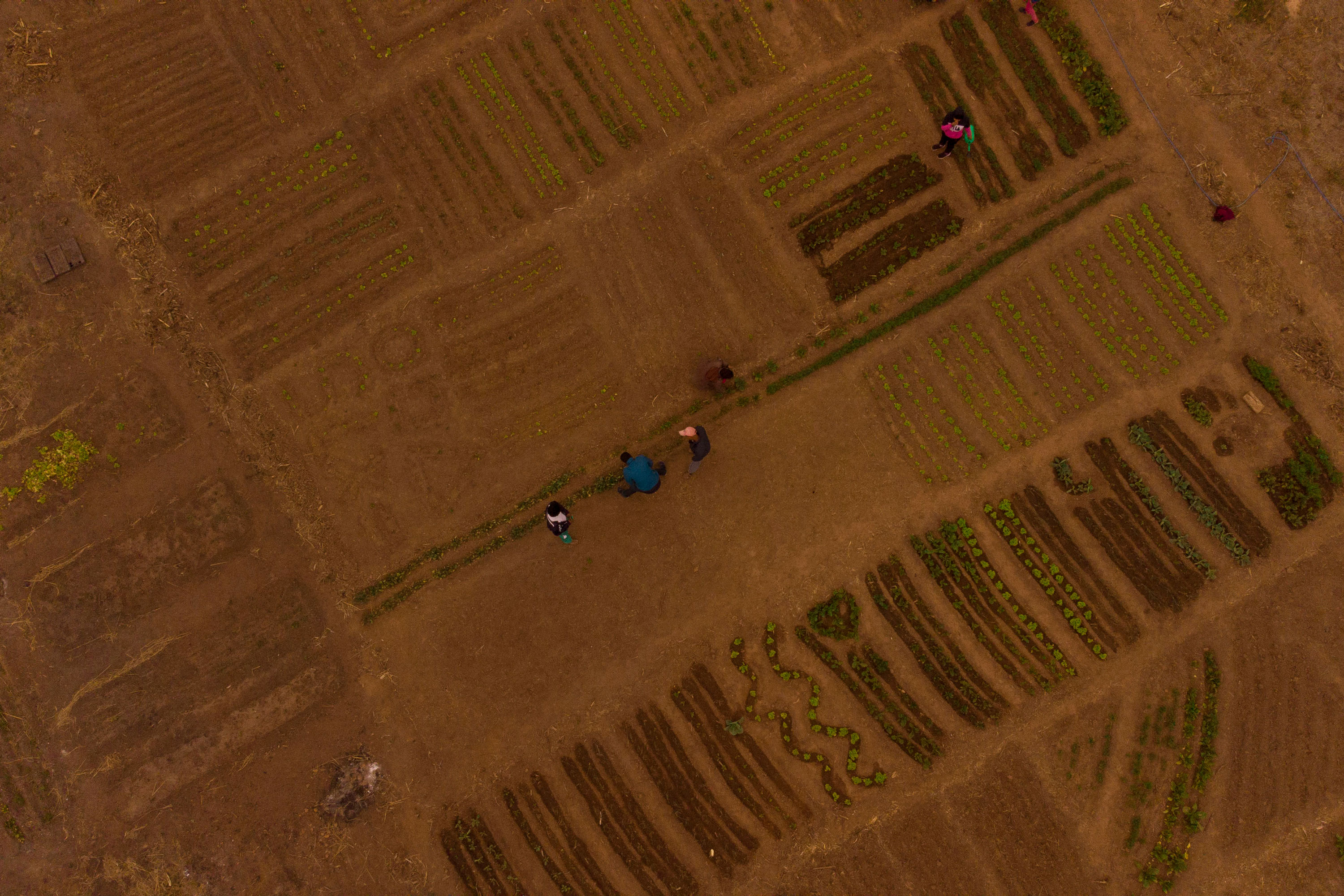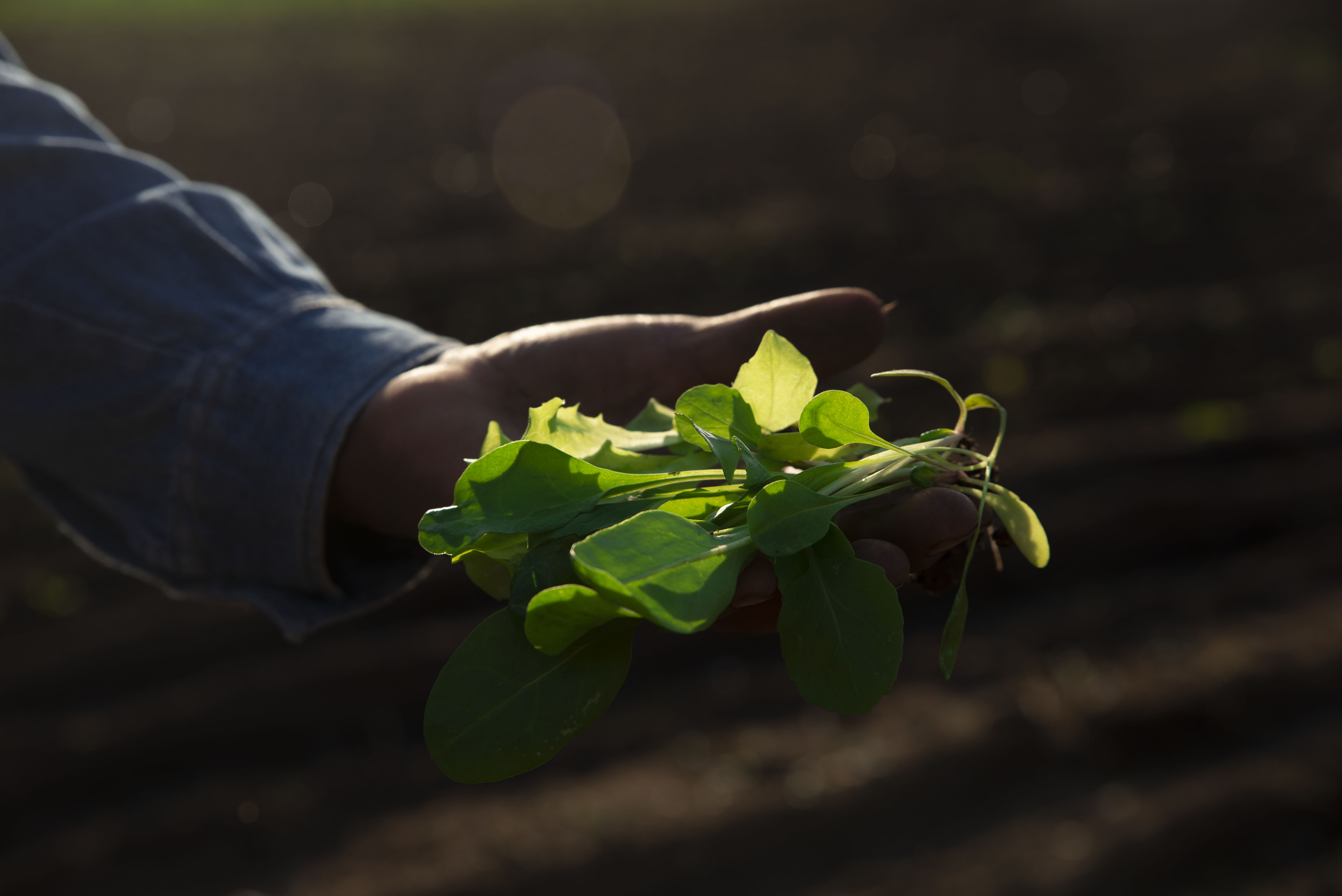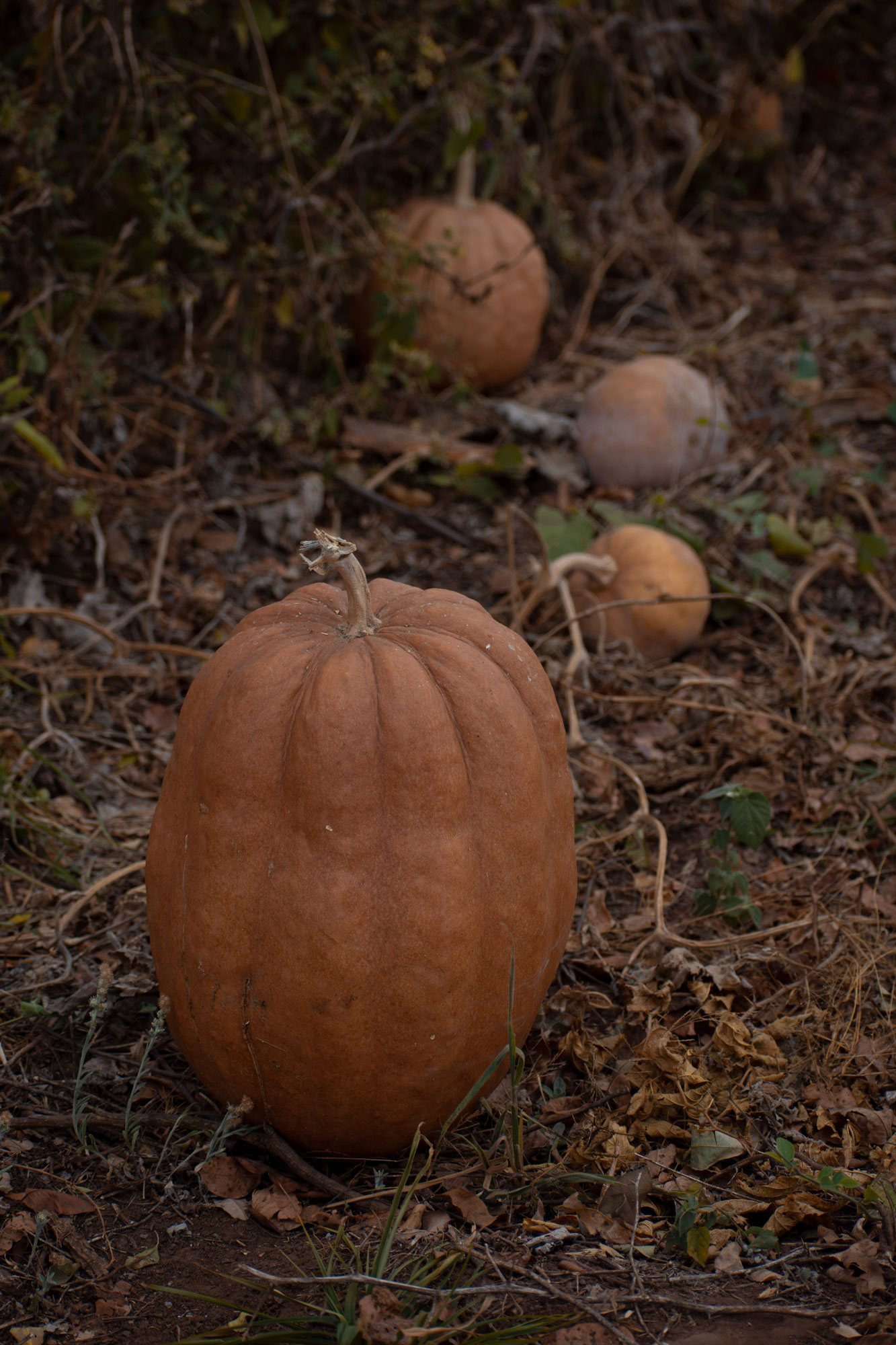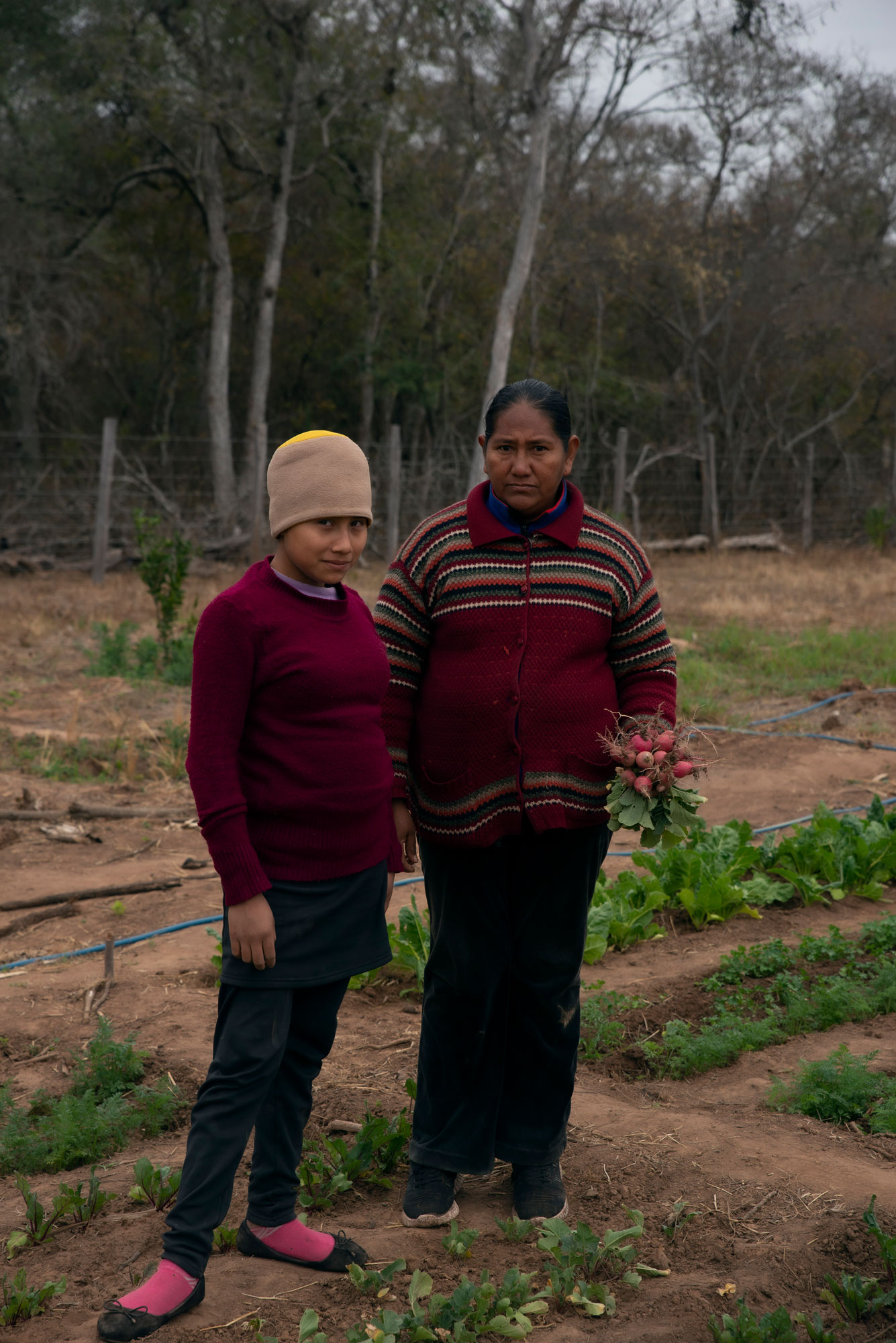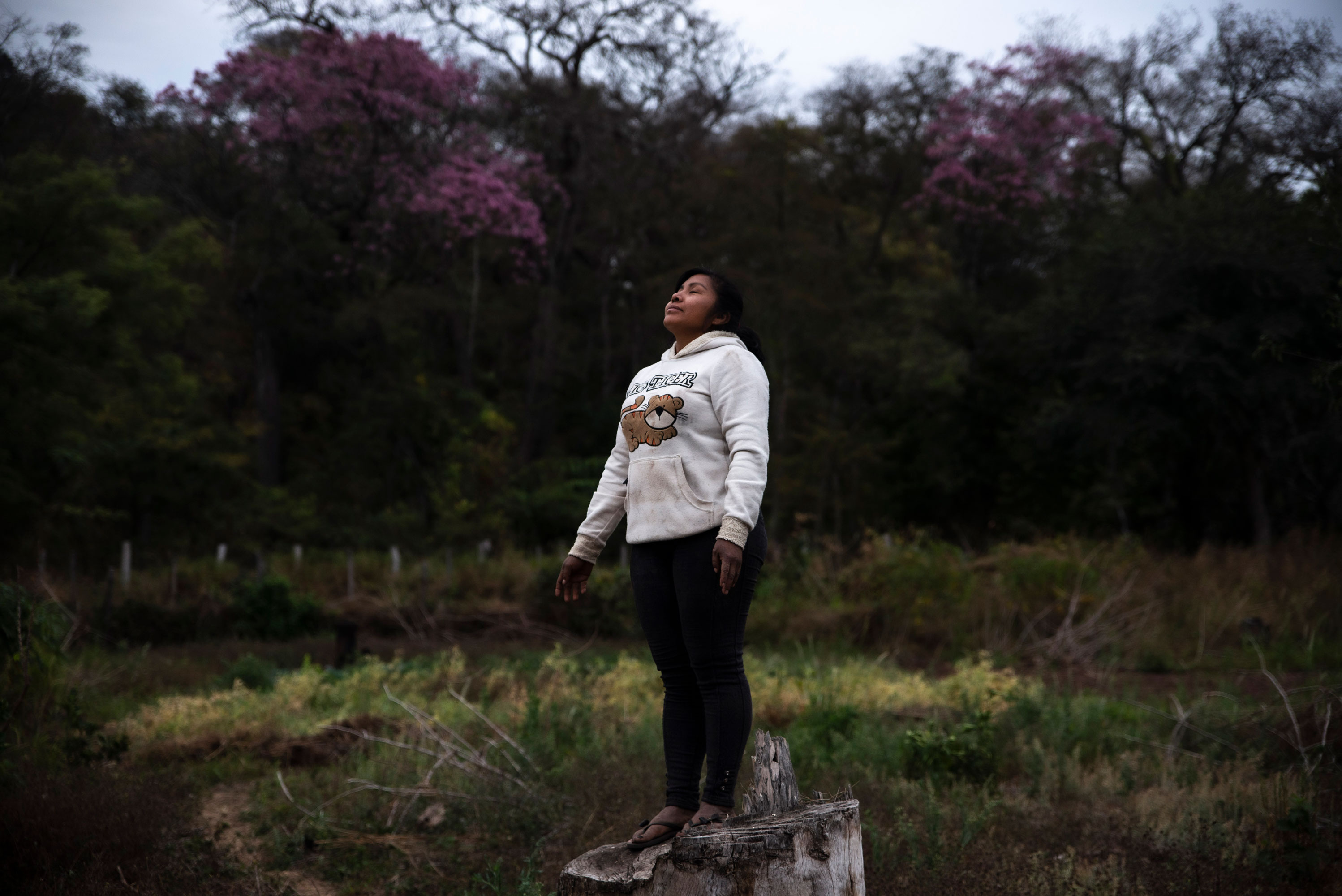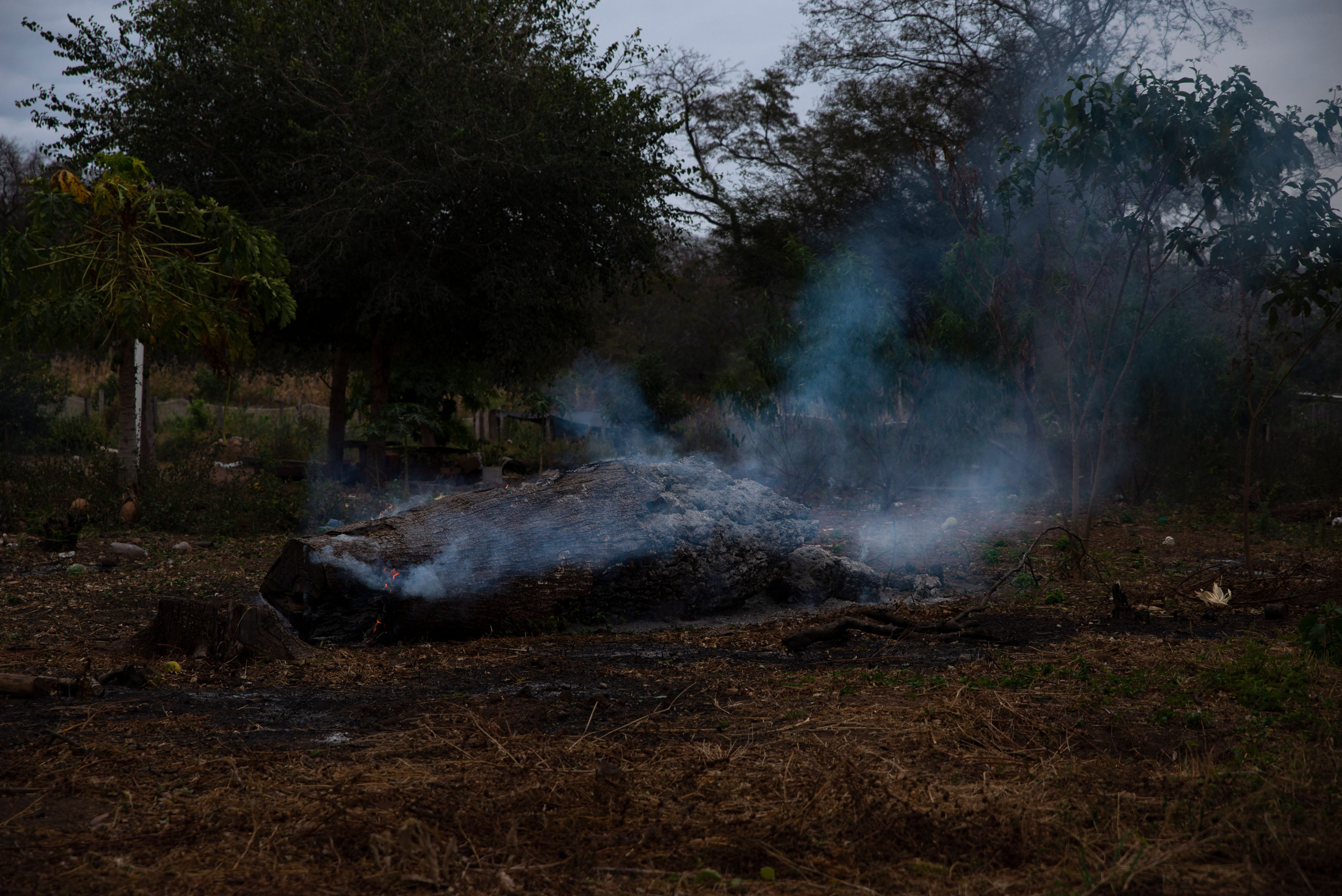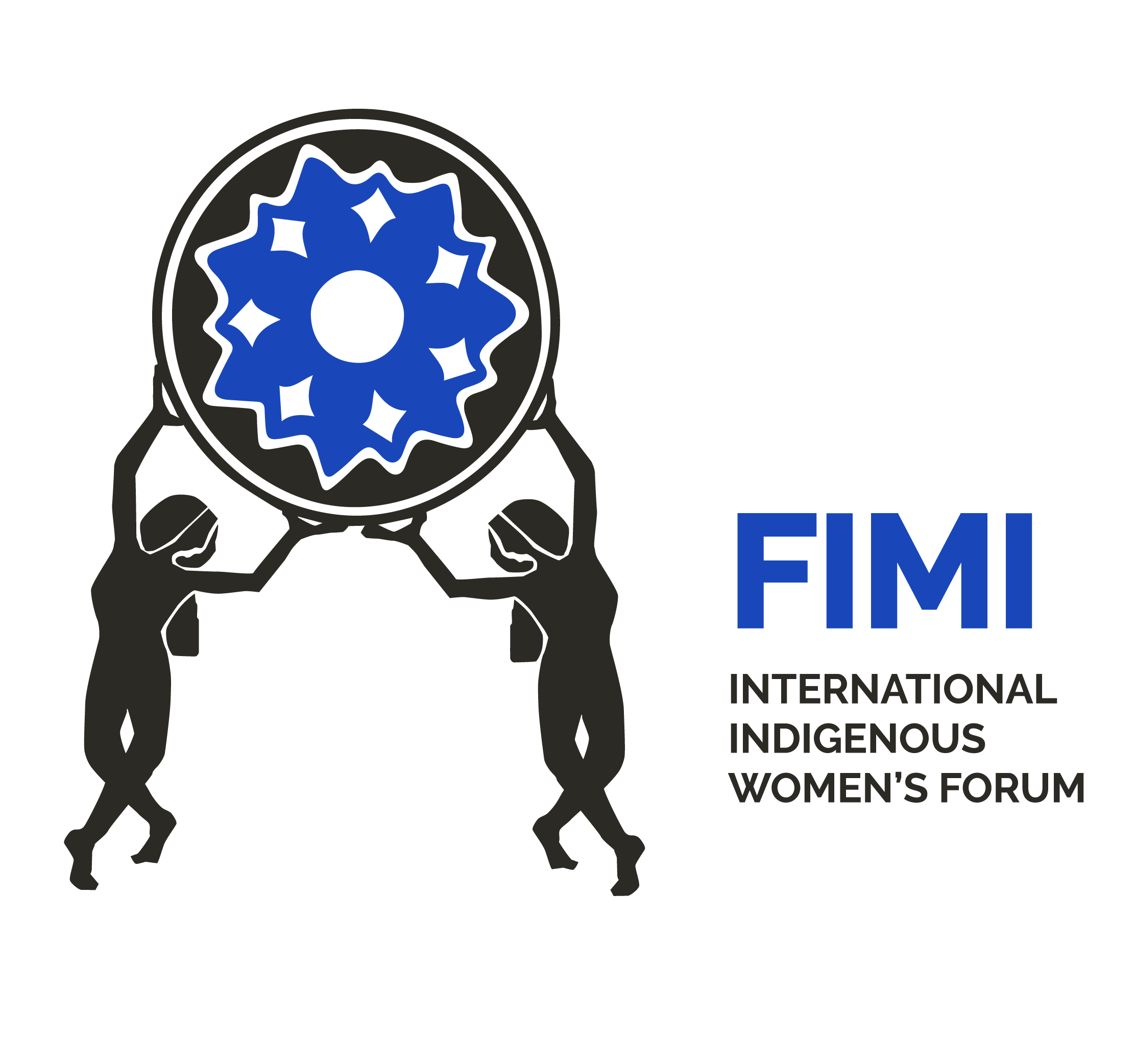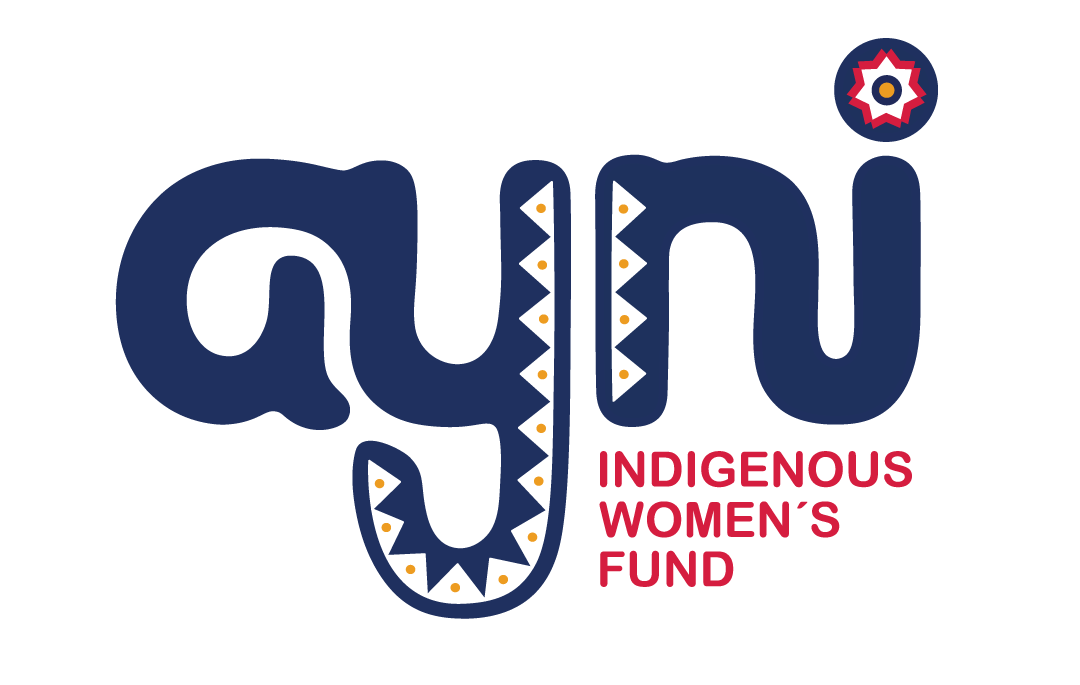Rosabel Villalba Soto and Edil Zenteno Flores travelled for an hour and ten minutes from Timboy Tiguasu to the city of Yacuiba, Bolivia, to talk about their community and their project focused on improving the standard of living through food security. Until little more than a year ago they covered that same distance each time they needed vegetables. During the interview, Kiara, their 4-year-old daughter, moved patiently between the arms of her mother and father.
Timboy Tiguasu is one of the 25 Guaraní capitanías of the Bolivian Chaco, a region of arid subtropical forest in the country’s southeastern corner. Located in the municipality of Yacuiba, in the province of El Gran Chaco of the Tarija department, their community is home to 21 families, a total of just 70 to 80 people, the majority of them farmers who identify as Guaraní, though Spanish is the most widely spoken language.
